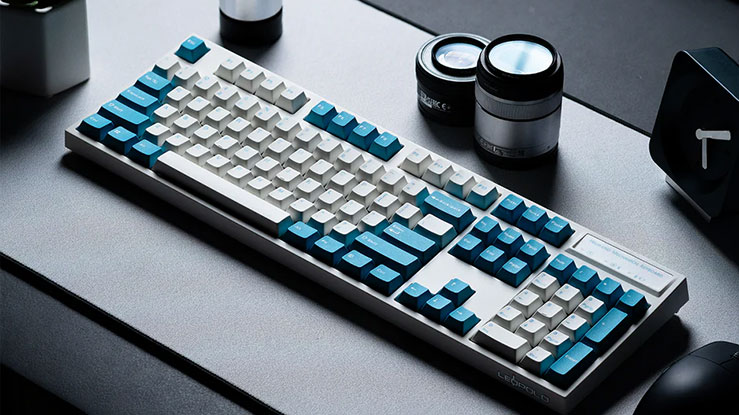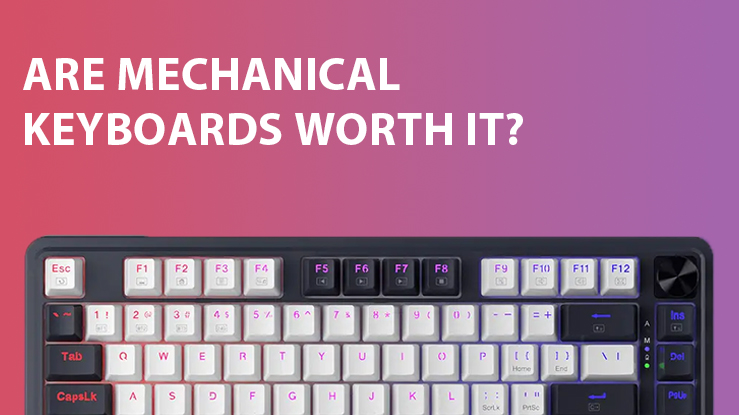Ansi Vs. Iso, which is Better?
ANSI Vs ISO are terms you might have encountered while looking for mechanical keyboards or any keyboard in general. You must be wondering, what are they, and what do they stand for? I will explain everything you need to know about these terms later in the article. This will help you make a decision easier when buying your first mechanical keyboard.
Ansi Vs. Iso keyboards: What are they?
The ISO (International Organization for Standardization) and ANSI (American National Standards Institute) are acronyms for two organisations that set consensus standards for products. These provide the two most common physical layouts for keyboards.
As you will see later in the article, the Ansi and Iso do not differ much. The visual representation of how the alphabet and numerals are aligned tends to be the same.
Ansi, the American standard mechanical keyboards are more popular, as you can find them quite easily. the less popular ones, which you can find circulating in most of Europe are ISO.
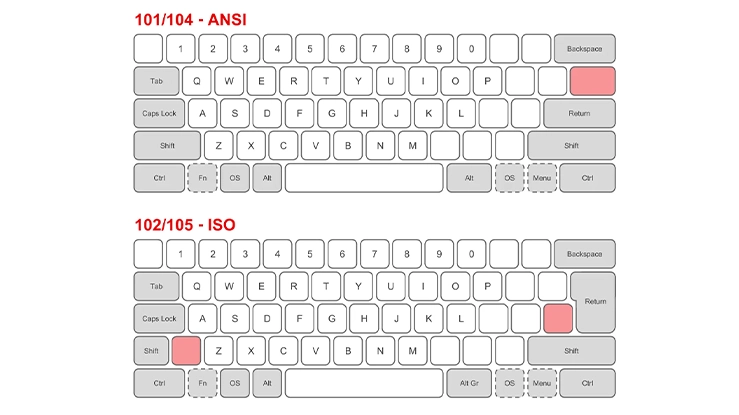
ISO vs Ansi: 5 key differences
ISO and ANSI keyboards differ due to five key differences: the size of the enter key, the total number of keys, the placement of the backslash key, the right Alt key, and the Alt Graph (AltGr) key.
1. The Enter Key
In Ansi format keyboards, you see a wide, rectangular enter key, while in Iso, the enter key is shaped taller and narrower, like an upside-down “L.”
2. The Backslash Key
In ANSI format, the backslash key is placed right above the enter key, while in ISO, it is placed to the left of the enter key. this fact helps out coders alot as this key is more used by programmers.
3. The Shift Key
The Shift keys in ANSI format are the same size, while in ISO, the left shift key is still the same size, but the shift on the right is a bit smaller. Which is made to accommodate an extra key for functionality.
4. Alt Keys
Alt keys are similar in both the ISO and ANSI formats. However, in ISO, the right alt key is replaced by the alt graph key to add a bit more functionality, which we will discuss later in the article.
5. Total number of keys
The total number of keys on an ANSI format mechanical keyboard is 104 for full-sized, while In ISO, there are 105 keys.
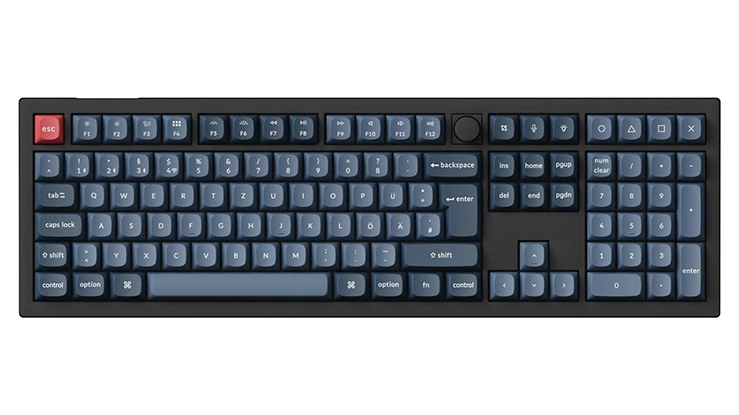
Advantages of ISO
As ISO is a less popular format than ANSI, let’s examine its advantages over ANSI.
1. Alt Graph key
we discussed this key earlier in the article, but what does this key really do? The AltGr (Alternate Graphics) key is a modifier key found on many ISO-layout keyboards, primarily in European countries. Users can type additional characters that are not directly accessible using the standard keys.
For those who speak languages like French and German to write their language, Accented Characters (é ñ ç) are needed, and this is where the AltGr key is most used. Though it is possible to write these languages on an ANSI format mechanical keyboard, The AltGr key just saves up on efficiency.
2. The backslash key
The backslash key tends to get closer in ISO format, though this key is hardly used by an average user who likes to write or a gamer. This might come off as an edge for coders or programmers who frequently use this key.
The Disadvantages of ISO
Let’s look at the disadvantages of using a mechanical keyboard in ISO format.
1. less Popular
ISO-format mechanical keyboards are less popular than ANSI mechanical keyboards. For anyone who is into building their own custom mechanical keyboard, it can be challenging to get the right keycaps and, moreover, a bit expensive, as you might have to pay extra for those extra mechanical switches. ISO-format keyboards tend to be a bit expensive as they are not widely available.
2. Smaller left shift key
the smaller left shift key in an ISO format keyboard can mess up efficiency and ergonomics. As the left shift key is more widely used than the right shift key, you are more prone to mistype while using it
3. The Enter Key
The enter key on an ISO-format keyboard is further than in ANSI. As the enter key is a more widely used key than the backslash key, it messes up ergonomics for those who are used to using an ANSI keyboard. But if you grew up using keyboards in ISO format, you won’t have that much of an issue.
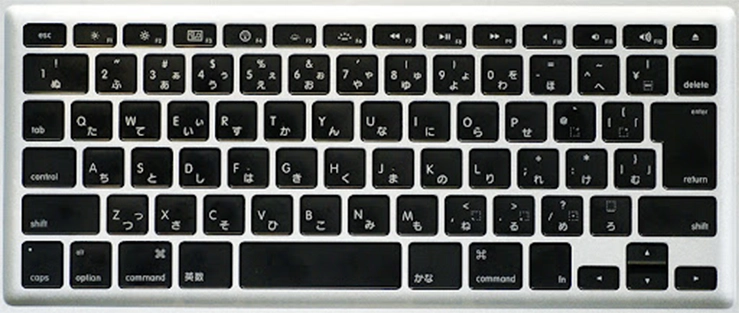
Some other keyboard layouts
In addition to ANSI and ISO, more formats are available, such as ergonomic layouts (Dvorak, Colemak), ortho-linear and split keyboards, and speciality layouts like AZERTY and QWERTZ. Another honourable mention is JIS (Japanese Industrial Standard), which is mainly used in Japan. This keyboard layout has additional keys for kana (Japanese syllabary) and extra modifier keys for language switching.
ANSI vs. ISO, what to choose?
So, the final question is, which option is better? It ultimately depends on the user reading this article. What kind of use are you seeking out of your keyboard?
Personally, I favour ANSI as my primary choice as it is widely available, a bit less expensive than ISO, easily customisable, and more ergonomic.
For more articles and blogs on keyboards consider visiting our keyboards category

